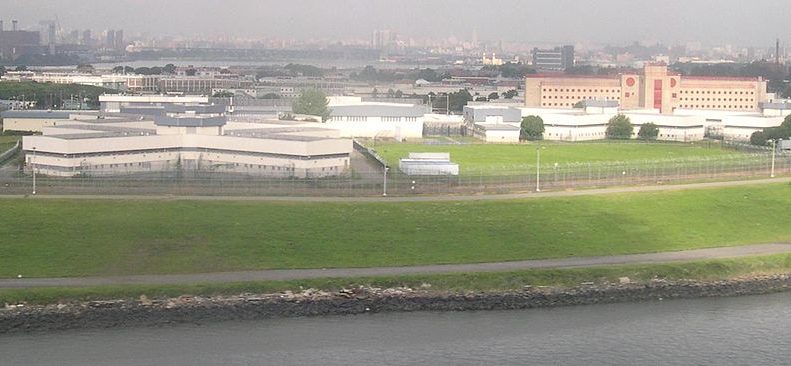New York made history on May 26 by passing legislation that will ensure people incarcerated within the state have access to medication for opioid use disorder (MOUD). The bill now sits on Governor Andrew Cuomo’s desk to be signed into law, which advocates expect he will do.
Once signed, implementation of a statewide MOUD program can begin immediately; the state’s budget already includes millions of dollars that state and county jails can use to do so. Prisons and jails will be required to facilitate access to medications like methadone and buprenorphine, the two considered the gold-standard treatments for opioid use disorder (OUD).
“The impact of this bill can’t be overstated,” Sally Friedman, vice president of Legal Advocacy at Legal Action Center, told Filter. “It will have an enormous impact not only for the people cycled through jails and prisons, but also their families and communities. MOUD in jails and prisons will keep people alive.”
The bill, A.533/S.1795, was first introduced in 2017. It mandates that OUD patients have access to medication at any point during their incarceration, as well as support in continuing their treatment when transitioning out of incarceration. Research has shown overdose to be the leading cause of death among people recently released from incarceration.
In New York, fatal overdose has increased by 200 percent since 2010. At least 2,704 people died of overdose in the state in the 12-month period ending October 2020—up from 2,089 in the previous year.
“The State Department of Health has reported a sharp increase in opioid overdose deaths in recent years,” Tina Luongo, attorney-in-charge of the Criminal Defense Practice at the Legal Aid Society, told Filter. “And the risk of overdose from opioid use is especially dangerous for people who are or have been incarcerated.”
An estimated 80 percent of people detained in New York correctional facilities have a substance use disorder. There’s a close relationship between substance use, incarceration and racism, with Black and Brown New Yorkers facing disproportionate rates of overdose as well as incarceration on drug-related charges. This makes MOUD access in jails and prisons a key solution to multiple institutional harms.
MOUD programs in jails and prisons have proved highly successful for the states that implement them.
MOUD access for prisoners has been woefully inadequate nationwide, including in New York. As of 2019, only 13 of the state’s 62 counties provided buprenorphine in carceral facilities, and only 10 provided methadone. In April, Filter broke the news that the American Civil Liberties Union was suing Jefferson County, NY, over methadone access for incarcerated people.
“Denying access for MOUD has been illegal for many years,” Rebekah Joab, staff attorney from Legal Action Center, told Filter. “Making this part of health care in jails and prisons [is] providing that path forward, and making sure people are connected to treatment when they leave.”
MOUD programs in jails and prisons have proved highly successful in the states that implement them. In 2016, Rhode Island became the first state to enact an MOUD program. As a result, it’s seen a nearly 60-percent reduction in fatal overdose among people recently released.
“It has a ripple effect,” Allegra Schorr, president of Coalition of Medication Assisted Treatment Providers and Advocates, told Filter. “As a society, we’re addressing the needs of our vulnerable populations, our incarcerated people.”
Advocates are now setting their sights on further legislation to ensure proper care for incarcerated MOUD patients, including ending the use of technical parole violations—often related to drug use—to re-incarcerate people.
“We are very committed to ensuring access to care in the community—not turning prisons and jails into where people get care,” Christine Khaikin, a Legal Action Center health policy attorney, told Filter. “But if that is where they need to get it, they need access to proper treatment.”
Advocates are also calling on the state to establish an opioid settlement fund to ensure that payouts from opioid lawsuits go directly to treatment, prevention and harm reduction efforts.
“We hope that this is a step towards ending the punitive approach towards drug use,” Hiawatha Collins, a leader at VOCAL-NY’s Users Union, said in a statement. “And moving towards a world without a drug war, where people who use drugs are treated with respect and given the care and support they deserve.”
Photograph of Rikers Island via Wikipedia/Creative Commons 3.0





Show Comments